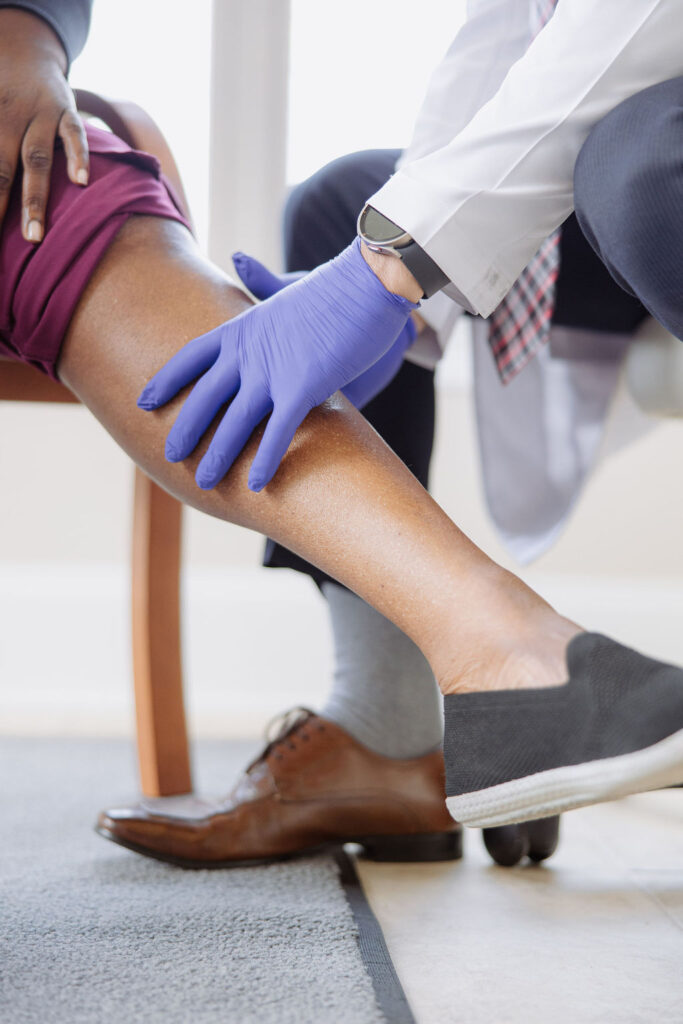What are the Risk Factors Associated with Deep Vein Thrombosis?
There are several risk factors associated with the development of DVT. If you have more than one of these, your risk could be even higher. Be mindful of any potential symptoms and consult with your physician if you have any of the following risk factors:
Age
Although DVT can occur at any age, it is most common in patients over the age of 60.
Bed Rest
Patients who have spent a prolonged amount of time on bed rest may be more likely to develop DVT. When we aren’t moving or walking around as usual, the calf muscles no longer contract, an action which helps keep blood flowing normally throughout the legs.
Birth Control or Hormone Replacement
These can each interfere with the blood’s ability to clot normally.
Smoking
Smoking increases the risk of most serious or chronic diseases. In the case of DVT, smoking interferes with proper blood clotting and circulation.
Cancer
Certain types of cancer and cancer-treating medications can increase the risk of DVT. Speak with your doctor to learn more.
Family History
Having a family history of DVT, pulmonary embolism, or both may increase your risk
Inherited Disorder
Some individuals may inherit a blood-clotting disorder which makes the blood clot more easily than normal.
Pregnancy
Women who are pregnant have increased blood volume and pressure throughout areas such as their legs. Those who also have a blood clotting disorder or have been prescribed bed rest are more susceptible. The risk of DVT can continue to be heightened up to 6 weeks postpartum.
Being Overweight
Being overweight or obese places additional pressure in the legs and veins, increasing the risk for a clot.
Heart Failure
Heart failure greatly impacts the function of not only the heart, but the lungs as well. These patients are particularly susceptible to the dangers of a pulmonary embolism that may result from DVT.
IBD
Certain types of inflammatory bowel disease (IBD) can increase your risk of DVT. These include Crohn’s, ulcerative colitis, and more. Speak with your doctor to learn more.
What are the Symptoms Associated with Deep Vein Thrombosis?
Deep vein thrombosis is not always accompanied by noticeable symptoms, making it especially important to be mindful of any risk factors you may have. When symptoms do present, they may include:
- Pain in the form of soreness or cramping in the leg that begins around the calf
- Redness or warmth in a specific area of the leg.
CIS Leg & Vein Centers operate in the following areas:
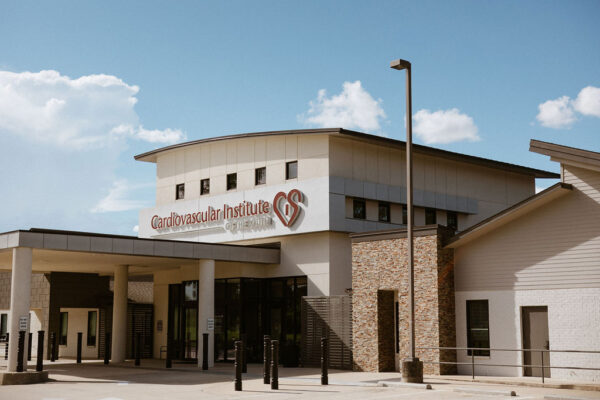
Baton Rouge
8401 Picardy Avenue
Baton Rouge, LA 70809
Phone
(225) 308-0247Toll-Free
(225) 308-0247Fax
(225) 308-0249
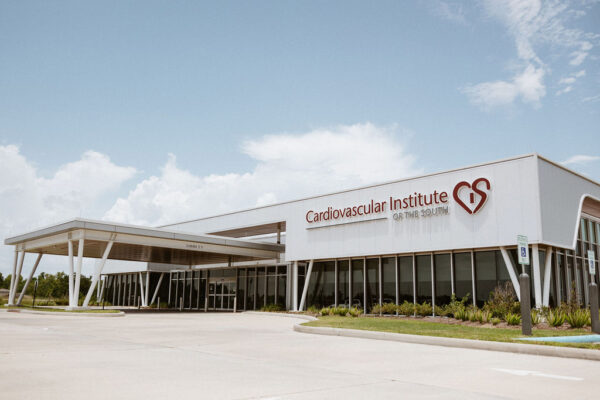
Gray
191 Innovation Court, Suite A
Gray, LA 70359
Phone
(985) 303-4100Toll-Free
(877) 846-0132Fax
(985) 303-4101
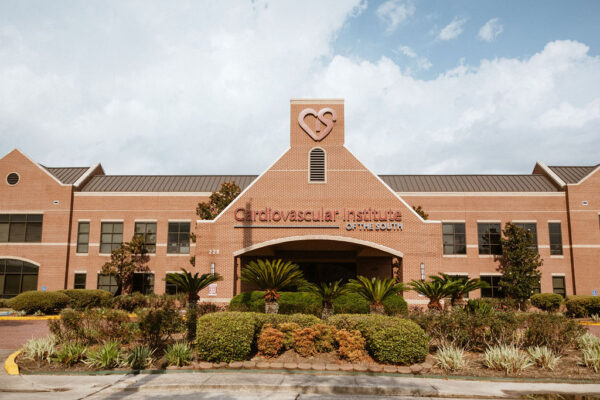
Houma
225 Dunn Street
Houma, LA 70360
Phone
(985) 876-0300Toll-Free
(800) 445-9676Fax
(985) 876-4605
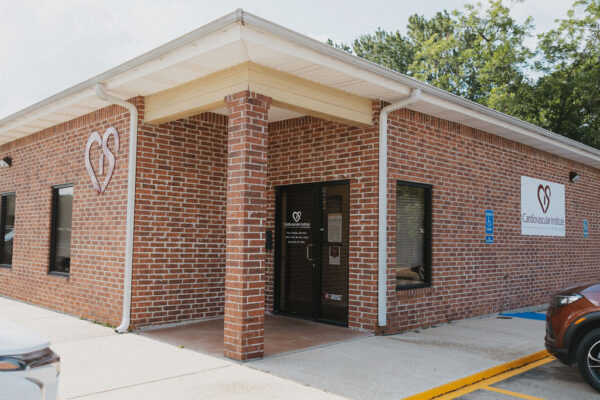
Jennings
422 Kade Drive, Suite 1
Jennings, LA 70546
Phone
(337) 388-6200Toll-Free
(844) 625-0436Fax
(337) 388-6201
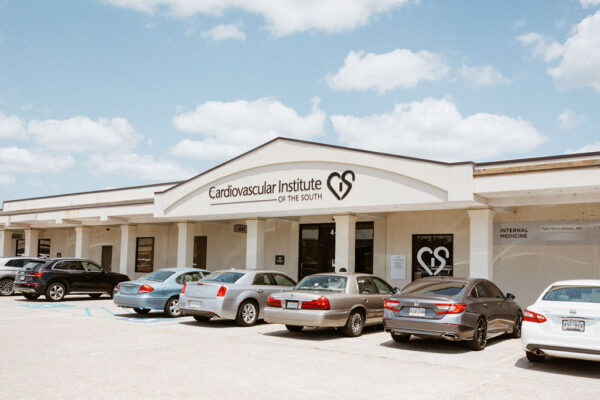
Lafayette on Heymann
441 Heymann Boulevard
Lafayette, LA 70503
Phone
(337) 289-8429Toll-Free
(877) 588-8429Fax
(337) 524-0253
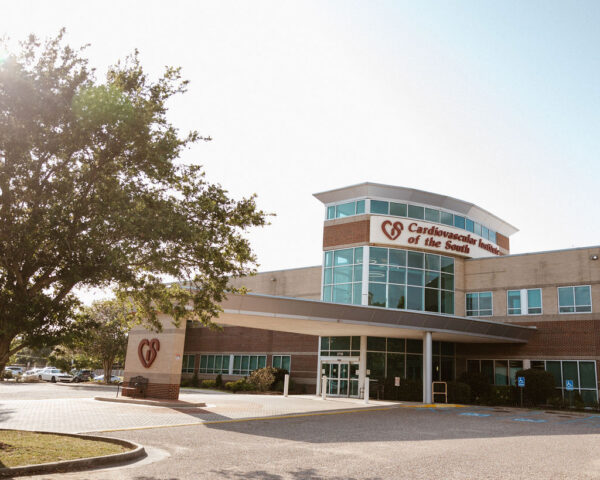
Lafayette on Ambassador
2730 Ambassador Caffery Parkway
Lafayette, LA 70506
Phone
(337) 988-1585Toll-Free
(800) 582-2435Fax
(337) 981-4694
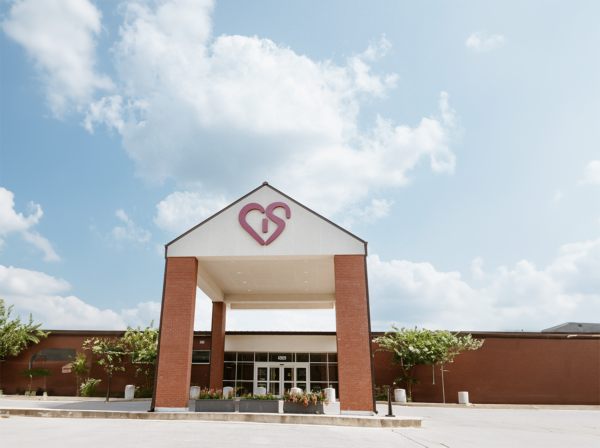
Meridian
4909 Great River Drive
Meridian, MS 39305
Phone
(601) 282-8980Toll-Free
(844) 643-6200Fax
601-693-6561
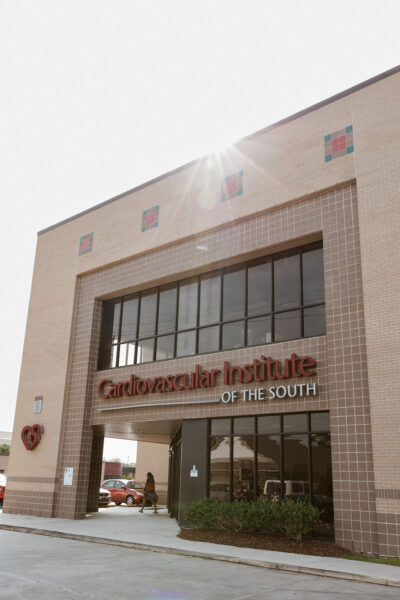
New Iberia
500 North Lewis Street, Suite 100
New Iberia, LA 70563
Phone
(337) 367-5200Toll-Free
(800) 555-7604Fax
(337) 369-3074
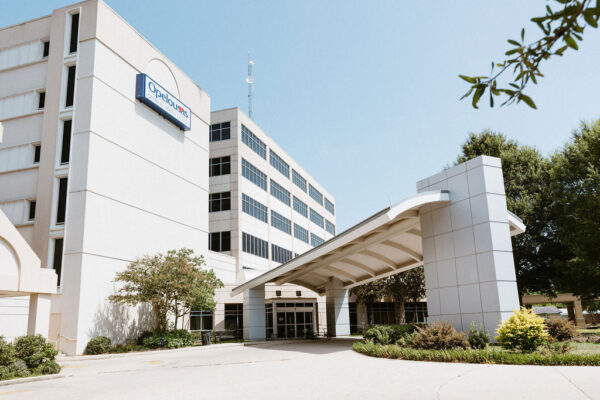
Opelousas
1233 Wayne Gilmore Circle, Suite 450
Opelousas, LA 70570
Phone
(337) 942-3006Toll-Free
(800) 553-2394Fax
(337) 942-7744
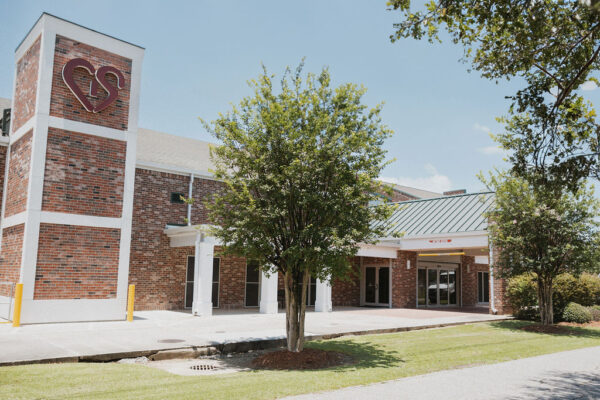
Thibodaux
1320 Martin Luther King Drive
Thibodaux, LA 70301
Phone
(985) 446-2021Toll-Free
(800) 340-7030Fax
(985) 493-3818
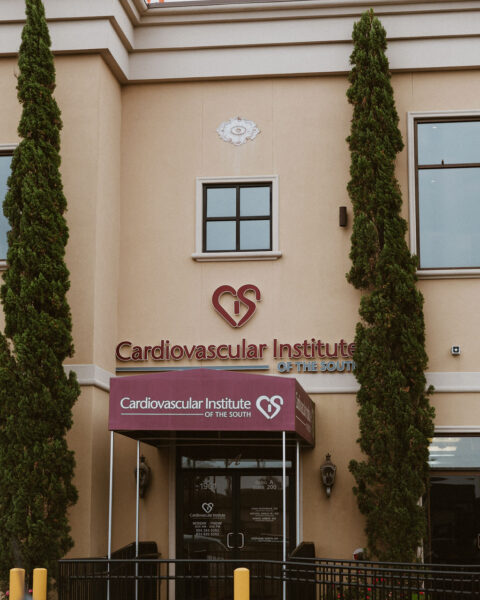
Westbank
1901 Manhattan Blvd, Building A, Suite 200
Harvey, LA 70058
Phone
(504) 354-5252Toll-Free
(833) 620-5252Fax
(504) 354-5253
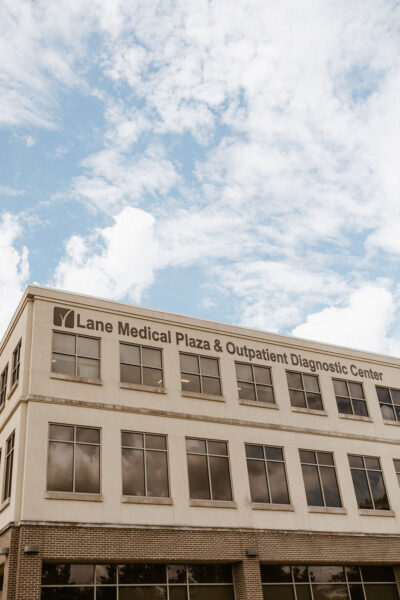
Zachary
6550 Main Street, Suite 1000
Zachary, LA 70791
Phone
(225) 654-1559Toll-Free
(877) 654-3965Fax
(225) 654-6212
